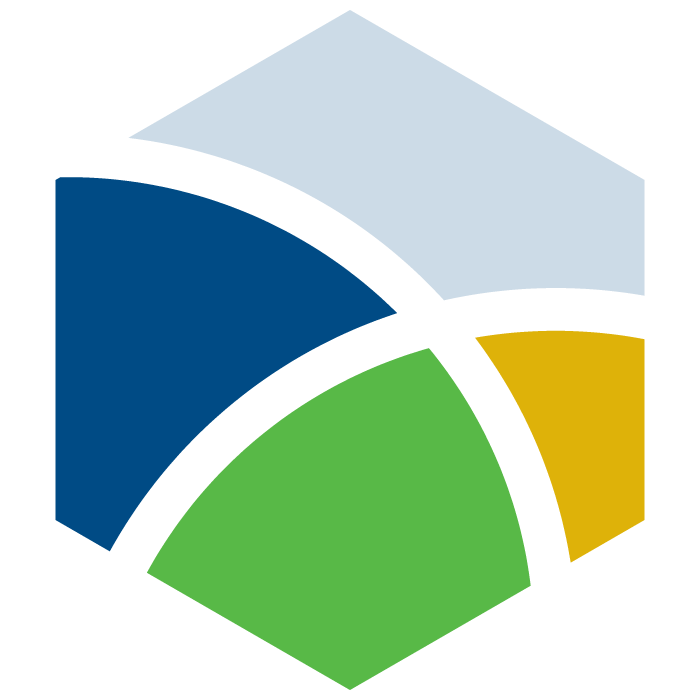
UC Davis Awarded $4.77M Grant to Convert Food Waste, Power Unitrans
UC Davis, ranked the most sustainable university in the United States for the last eight years, continues to make a significant impact on climate change by targeting one of the largest contributors to greenhouse gas emissions: food waste.
With a recent $4.77M million grant from CalRecycle, the university is upgrading its Renewable Energy Anaerobic Digester, or READ facility, aiming to dramatically reduce methane emissions from landfills by diverting thousands of tons of food waste every year.
The Hidden Powerhouse
Tucked away on the west side of campus, UC Davis’ READ facility receives 20 tons of food waste per day from customers including local grocery stores and our own campus dining commons. With the improvements the grant provides, the READ facility becomes an important part of UC Davis’ strategy to eliminate the use of fossil fuels from its operations and fight climate change.
“Food waste in landfills generates methane, a greenhouse gas far more potent than carbon dioxide,” said Carla Fresquez, interim director of UC Davis Sustainability.
Processing organic waste in the anaerobic digester converts it into biogas (a renewable energy source), liquid digestate, and ammonia concentrate – a once hazardous compound that is now distilled to create a valuable agricultural fertilizer. Learn more.
Three Upgrades Funded by the Grant
The grant will fund three essential upgrades: a new gas engine, an advanced depackager and an additional digestion tank.
Gas Engine
The gas engine will convert and capture the biogas created at the READ facility into renewable electricity.
“We’ll feed the electricity produced by the biogas into the campus grid and displace electricity that has higher carbon emissions,” Yonkoski said. “This electricity will be allocated to charge Unitrans electrified buses.”
The plan to utilize biogas as a renewable energy source for campus systems aligns with the UC Davis’ goals to reduce its reliance on fossil fuels, as laid out in the university’s Fossil Fuel-Free Pathway Plan.
Improved Depackager
Once food waste is received at the READ facility, it is funneled into a depackager that separates the organic material (food) from inorganic materials (plastic, metal, glass). The current process produces solid and liquid waste. The solid waste contains approximately 5-10% plastic by weight, so it cannot be composted.
The new depackager will more efficiently separate food waste from its packaging, a crucial step for maximizing the amount of compostable material and minimizing landfill refuse. In addition this upgrade will enable the READ facility to handle more types of waste, boosting its capacity from 5,400 to 11,500 net tons annually. The anticipated reduction in greenhouse gas emissions is also significant—18,000 metric tons of CO2 equivalent over the next 10 years—the equivalent of taking 3,900 cars off the road.
Additional Digestion Tank
The process of converting food waste into energy occurs in large storage chambers known as “digestion” tanks. Since 2017, when UC Davis inherited READ from CleanWorld (a Sacramento-based company that specialized in developing technology for biodigesters), one of the three original tanks has been out of commission due to the highly corrosive nature of food waste. The grant funds a replacement digestion tank, enabling READ to operate at full capacity and provide redundancy in the event issues arise with other tanks.
“With these future improvements, READ will be operating the way it was always meant to, and we’ll be able to take full advantage of its environmental benefits,” said Joe Yonkoski, superintendent of thermal infrastructure and biodigester supervisor for UC Davis Facilities Management.


A Comprehensive Approach
UC Davis’ efforts to tackle food waste extend beyond READ. The university has robust food recovery programs, diverting substantial amounts of food from landfills.
Last year, 2.79 tons of edible food were recovered and provided to the UC Davis Food Recovery Network which distributes the food to students via services like Aggie Compass and The Pantry. Campus food waste diverted to READ totalled over 390 tons. Organic waste that the READ facility cannot currently accept gets composted at Yolo County’s facility.
“These efforts significantly reduce our overall waste footprint,” said Jenni Taylor, sustainability manager and interim director of project management for Student Housing and Dining Services.
Academic Connections Continue
Research at the READ facility is also becoming especially important in the context of California Senate Bill 1383, which mandates a 75% reduction in organic waste from landfills by 2025. To meet this goal, we need a robust understanding of potential technology solutions – including anaerobic digestion – for managing large volumes of organic waste.
“READ is a showcase for how innovative technologies can transform food and other organic waste to create valuable bioresources,” said Ruihong Zhang, professor, UC Davis Biological and Agricultural Engineering. “It serves an outstanding living laboratory and facility for faculty and students to conduct research, teaching, workforce training and public outreach.”
Dr. Ned Spang, associate professor in the Department of Food Science and Technology and director of the Robert Mondavi Institute for Wine and Food Science, is exploring potential applications of the digestate (the wet material leftover after anaerobic digestion). His research includes two key projects:
- Biochemical Composition Analysis: In collaboration with researchers at the Rochester Institute of Technology and funded by the NSF, this project compares the biochemical composition of digestate from the UC Davis digester with other anaerobic digester systems in New York. The goal is to understand the variability and optimize the material's utilization.
- Soil Health and Plant Growth: This USDA-funded project examines the impact of digestate on soil health and the growth of tomato plants in Central Valley community gardens. The aim is to demonstrate the benefits of digestate in improving soil health and plant growth performance.
“Operating an anaerobic digester on campus enables critical, hands-on research that can help advance a more sustainable, circular system for recycling food waste into renewable biogas and fertilizer to improve soil health,” said Dr. Spang.
Projects like these underscore the READ facility's role in advancing sustainable waste management practices and supporting California's ambitious environmental goals.
Green Future
With the new equipment on the way, UC Davis is preparing to transform its waste management practices and continuing to make significant strides toward carbon neutrality, all the while serving as a resource for other municipalities, universities and businesses seeking to do the same.
Stay tuned for more information about progress at UC Davis’ READ facility as these improvements are expected to be completed by the end of 2025.
*Award conferred by the University of Indonesia GreenMetric World University Ranking
At UC Davis, sustainability is a multi-dimensional challenge with ambitious goals. The strategies and projects needed to reach those goals involve our entire university, especially the operations represented here: buildings, climate, energy, food and dining, labs, land management, zero waste, purchasing, transportation, and more. Learn about these and other goals on the Sustainable UC Davis website.
